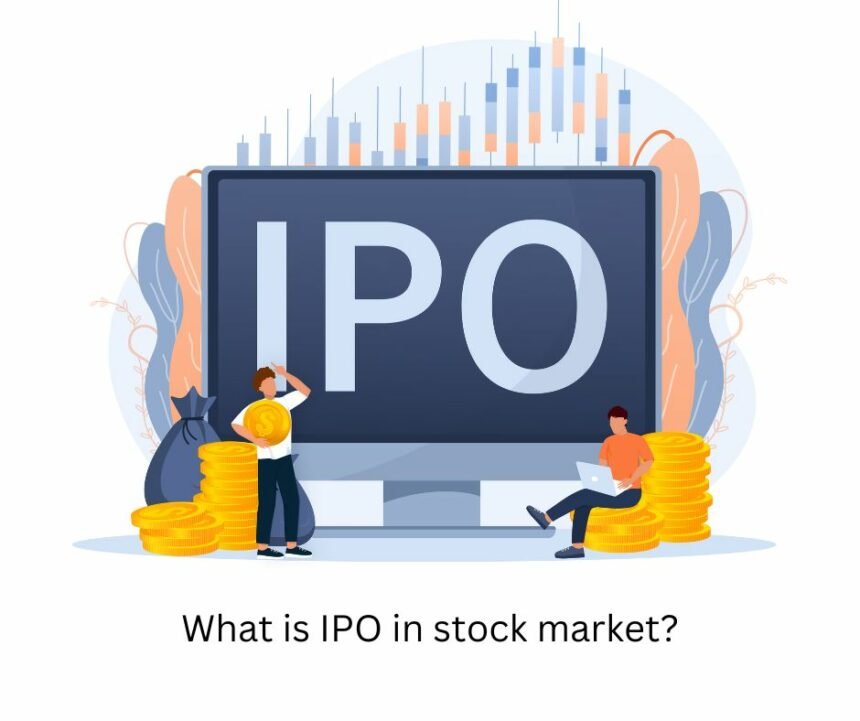In the stock market, an IPO (Initial Public Offering) refers to the first time a private company sells its shares to the public on a stock exchange. It’s like taking the company from “invite-only” status to accessible by anyone with an investment account. Here’s a breakdown of the key points:
What happens in an IPO:
- The company works with investment banks to set a share price and offering size (how many shares will be sold).
- The shares are then “listed” on a stock exchange (like the NYSE or NASDAQ) and become available for trading by the public.
- Investors can buy shares of the company through their broker on the exchange, just like any other listed stock.
Why companies go public:
- Raise capital: This is the main reason. By selling shares, the company raises money for expansion, debt repayment, acquisitions, or other business goals.
- Increase visibility and credibility: Becoming a public company can boost the company’s profile and attract new customers, partners, and talent.
- Provide liquidity for early investors: Early investors like founders and venture capitalists can sell their shares to the public and cash out some of their investment.
Things to consider about IPOs:
- High volatility: IPO stocks can be very volatile, meaning their price can fluctuate significantly in the short term. This can be risky for investors, but also presents potential for high returns.
- Uncertainty: While some IPOs are highly successful, others underperform expectations. It’s important to research the company carefully before investing.
- Not for everyone: IPOs are generally best suited for experienced investors who understand the risks and can handle the volatility.
Overall, IPOs are a significant event in the life of a company and can offer exciting opportunities for investors.














